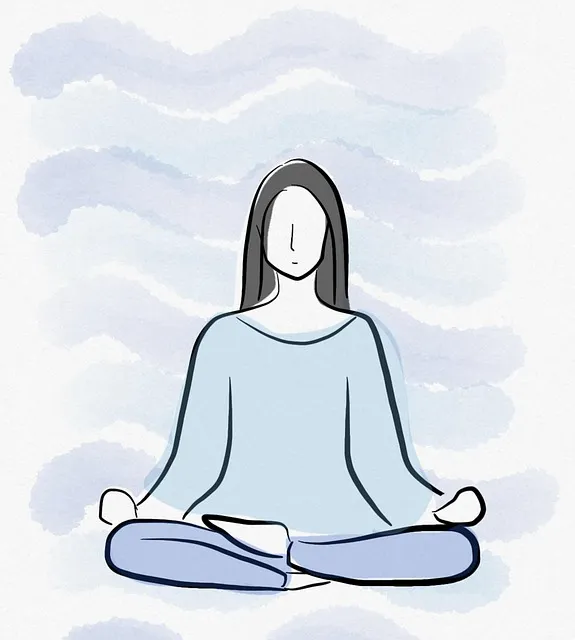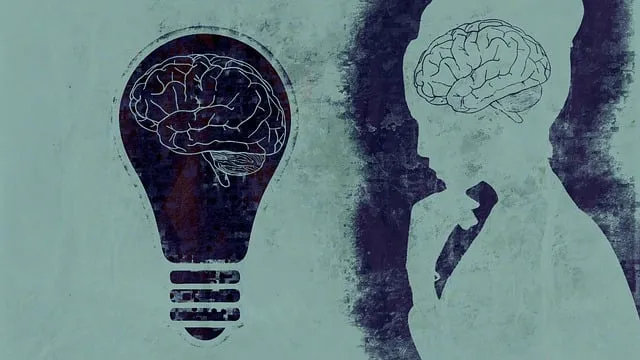Understanding your unique mental wellness needs is crucial for building an effective self-care routine in Lafayette with Kaiser's support. Identify triggers and balanced moments through journaling, consider stress, sleep, diet, exercise, and emotional responses. Engage communication strategies from Trauma Support Services for deeper self-connection. Incorporate mindfulness practices, physical activity, and boundaries to manage stressors. Seek professional help when needed, as both Lafayette and Kaiser offer exceptional resources for mental health care and guidance.
Developing a personalized mental wellness self-care routine is essential for navigating life’s challenges. This guide explores practical steps to enhance your mental well-being, from understanding your unique needs to incorporating mindfulness and seeking professional support when needed.
Learn how to identify triggers, create daily rituals, and find relaxation techniques that work for you. Discover resources like Lafayette and Kaiser offerings to access mental health help and foster a healthier mind. Embrace these strategies to transform your mental wellness journey.
- Understanding Your Mental Wellness Needs
- Identifying Triggers and Stressors
- Crafting Daily Self-Care Rituals
- Incorporating Mindfulness and Relaxation Techniques
- Seeking Professional Help: Lafayette & Kaiser Resources
Understanding Your Mental Wellness Needs

Understanding your mental wellness needs is a crucial first step in developing an effective self-care routine. It’s unique for everyone, much like a fingerprint – what works for one person might not be suitable for another. If you’re based in Lafayette or seeking mental health help through Kaiser, resources are readily available to guide you. Start by identifying your triggers and the moments when you feel most balanced. Are you someone who thrives on solitude and quiet reflection, or do you find energy in social interactions and group activities? Recognize the patterns that indicate when your mental wellness requires attention.
Consider factors such as stress levels, sleep quality, diet, exercise habits, and emotional responses to different situations. Engaging with these insights can be facilitated through communication strategies recommended by Trauma Support Services, fostering a deeper connection with yourself. By understanding your personal needs, you’re better equipped to incorporate practices that promote positive thinking into your self-care routine.
Identifying Triggers and Stressors

Identifying triggers and stressors is a crucial step in developing a robust mental wellness self-care routine. It involves becoming attuned to the situations, people, or activities that significantly impact your mental health. At Kaiser, experts recommend keeping a journal to track when you feel most stressed or anxious, allowing you to recognize patterns and recurring issues. For instance, certain work deadlines, interpersonal conflicts, or specific environments might act as triggers for burnout prevention. Understanding these stressors is the first step towards implementing effective communication strategies that promote self-esteem improvement.
By identifying your personal triggers, you can proactively develop coping mechanisms tailored to your unique needs. This may include practicing mindfulness during stressful situations, engaging in regular physical activity to reduce tension, or setting clear boundaries to avoid overwhelming commitments. Lafayette’s mental health resources offer valuable support in navigating these challenges and fostering a healthier relationship with stressors in your life.
Crafting Daily Self-Care Rituals

Creating a daily self-care routine is a powerful tool for prioritizing your mental wellness, especially when guided by practices backed by scientific evidence. Start small and integrate activities that nourish your mind, body, and spirit. For instance, incorporate mindfulness meditation or deep breathing exercises to reduce stress and anxiety, as supported by research from Lafayette and Kaiser. Even 10 minutes of these practices can significantly impact emotional intelligence and overall mental health.
Consider incorporating physical movement tailored to your preferences, whether it’s a gentle walk, yoga, or dancing. Regular exercise releases endorphins, promoting a sense of calm and well-being. Additionally, dedicate time for creative outlets like journaling, painting, or listening to music, as these activities can provide an outlet for processing emotions and cultivating self-awareness—key components in managing mental health, particularly when seeking help from professionals.
Incorporating Mindfulness and Relaxation Techniques

Incorporating mindfulness and relaxation techniques into your self-care routine can significantly contribute to your mental wellness, as advocated by experts at Kaiser and highlighted in Lafayette’s approach to getting mental health help. These practices, such as meditation, deep breathing exercises, or yoga, foster self-awareness exercises that allow you to connect with your thoughts and emotions, enabling better understanding of what triggers stress or anxiety. By regularly engaging in these mindfulness activities, you can cultivate a sense of calm and resilience, making it easier to manage challenging situations.
For mental health professionals, integrating relaxation techniques into their practice is not just beneficial for personal growth but also an essential component of risk management planning. It enhances their ability to support clients effectively by providing tools that promote self-regulation and emotional balance. Building resilience through these practices can lead to improved well-being and a more sustainable career in the helping professions.
Seeking Professional Help: Lafayette & Kaiser Resources

For many individuals seeking to establish a robust mental wellness self-care routine, professional help can be an invaluable addition. If you’re wondering how to get mental health help, Lafayette and Kaiser offer comprehensive resources. These organizations provide essential services tailored to meet diverse needs, from anxiety relief to crisis intervention guidance.
Lafayette’s expertise lies in its community outreach program implementation, fostering support networks that encourage open dialogue about mental health. Similarly, Kaiser leverages its resources to offer evidence-based practices and specialized therapies, ensuring individuals receive the care they need. Both organizations serve as reliable anchors in navigating complex mental wellness journeys, empowering individuals to cultivate sustainable self-care routines built on solid foundations of professional guidance.
Developing a robust mental wellness self-care routine, tailored to your unique needs, is a powerful tool for navigating life’s challenges. By understanding your triggers, incorporating mindfulness, and seeking professional support when needed, you can foster resilience and improve overall well-being. Lafayette and Kaiser offer valuable resources for those seeking guidance on their mental health journey. Remember, taking care of your mind is just as essential as caring for your body, and with the right tools and mindset, you can thrive.






